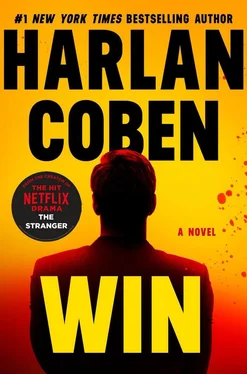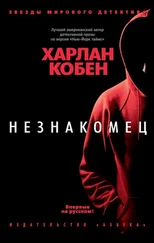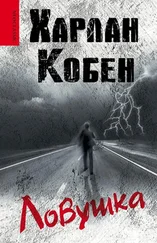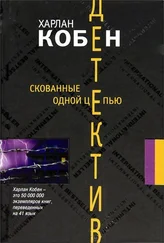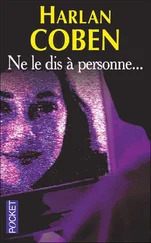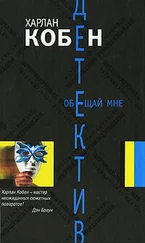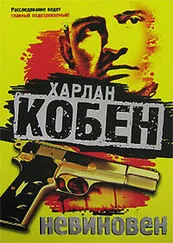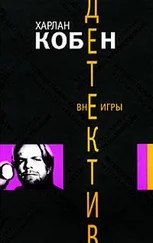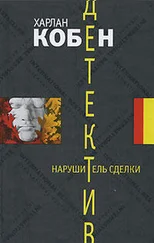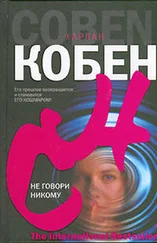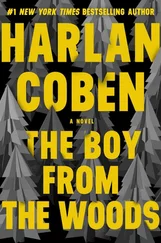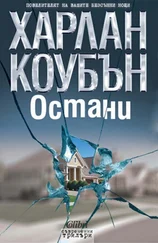We greet with a firm handshake and awkward embrace. My father has piercing blue eyes that seem somehow all-knowing, even now, even when the mind has grown cloudy and erratic.
“It’s good to see you, son.”
“And you,” I say.
We share a name — Windsor Horne Lockwood. He’s the second, I’m the third. He is called Windsor. I, like my beloved grandfather, am Win. I have no son, just a biological daughter, so unless I, to quote my father, “up my game,” the Windsor Horne Lockwood name will end at three. I don’t really see this as any great tragedy.
We start back toward the main estate.
“I understand the Vermeer has been found,” my father says.
“Yes.”
“Will any of this reflect poorly on the family?”
This may seem like an odd opening question, but I’m not surprised by it. “I can’t see how.”
“Marvelous. Have you seen the Vermeer for yourself?”
“I have.”
“And it’s undamaged?” Off my nod, he continues: “This is grand news. Simply grand. No sign of the Picasso?”
“No.”
“That’s too bad.”
The barn is up ahead on the left. My father doesn’t so much as glance at it. You may be wondering why I keep making a big deal of the barn, so I will tell you plainly: I shouldn’t. I was wrong. I blamed my mother, and that was a mistake on my own part. I see that now. To be fair, I was only eight years old.
How to explain this and not seem crass...?
When I was eight years old, not long after Granddad’s funeral, my father and I strolled unsuspectingly into that barn. It was a setup. I know that now. I didn’t then. But I didn’t know a lot of things then.
Cutting to the chase: We walked in on my mother naked on all fours, with another man mounting her from behind.
Just like the horses.
I can see you nodding knowingly. This incident illuminates so much, you think with a tsk. It explains why I can’t get close to a woman, why I only see them in terms of sex, why I am afraid of being hurt. Oddly enough, what I see mostly when I remember that day is not my mother on her hands and knees, her lover’s hand pulling her hair, her eyes rolling back. No, what I remember most clearly is my father’s ashen face, his mouth slightly agape almost as it is now from the stroke, his eyes shattered, staring out at nothing.
As I said, I was eight years old. I never forgave my mother.
That angers me.
I know that my behavior was understandable, but many years later, when I watched my mother die in her sickbed, I realized what a stupid waste it had all been. The cliché applies here — life is indeed short. I think about what she lost and what I lost, how simple forgiveness could have enhanced her short life and mine. Why couldn’t I see that then? I have lived a life of few regrets. This — how I treated my own mother — is my greatest. I never considered the fact that perhaps my mother had her reasons or perhaps she didn’t know better or perhaps she made, as we all do, a terrible, tragic mistake. My mother was so young, only nineteen when she got pregnant and married my father. Perhaps she had wants that she couldn’t express. Perhaps, like her oldest son, monogamy was not for her. Perhaps my father, who ended up getting married twice more, and the trappings of Lockwood Manor were stifling, suffocating, making it impossible for her to breathe. Perhaps my mother didn’t want to break up a family or hurt her children and perhaps she genuinely loved this other man and in the end, who knows the truth, not me, because I never asked, never gave her the chance to explain, refused to listen until it was too late. I was only a child, but I was stubborn.
Originally, I razed that barn to rid myself of the awful memory of what my father and I had witnessed, but now I see the new edifice as more a monument to my own foolishness and stubbornness, a monument to my wasteful, judgmental blunder.
My father steadies himself by taking my arm. “When will we get the Vermeer back?” he asks.
“Soon.”
“Good, and no more loaning out artwork,” he grouses. “It’s not like we are big collectors. Our two masterpieces should never leave Lockwood again.”
I disagree with this, but I see no reason to voice that now. I love my father dearly, though objectively there is little to admire about him. He is a standard-issue, trust fund ne’er-do-well. He inherited great wealth, giving him an array of choices, and his choice has been to spend his life doing exactly what he pleases — golf and tennis, luxury clubs and travel, reading and educational experiences. He drinks too much, though I’m not sure I would call him an alcoholic. He has no interest in work, but then again, why should he? He dabbles in charities the way the wealthy often do, giving enough to appear magnanimous but not enough to cause the smallest of sacrifices. He cares very much about appearances and reputation. There is an odd psychology amongst those who inherit great wealth, because deep down inside, they realize that they did nothing to earn it, that it really was just a matter of luck, and yet how can it be that they are not special? My father suffers from this malady. “I have all this,” the thinking goes, “ergo I must be somehow superior.” This leads to a constant internal battle to maintain the false narrative of somehow “deserving” all these riches, of being “worthy.” You push away the obvious truth — that fate and happenstance have more to do with your lot in life than your “brilliance” or “work ethic” — so as not to shatter your self-created myth.
But my father and those like him know the truth. Deep down. We all do. It haunts us. It makes us compensate. It poisons.
“On the news,” my father begins, “they said the Vermeer was found in a New York City apartment.”
“Yes.”
“And that the thief was found dead?”
“There is probably more than one thief,” I remind him. “But yes, he was murdered.”
“Do you know the man’s name?”
“Ry Strauss.”
We don’t stop short, but my father slows for a moment. His lips thin.
“Do you know him?” I ask.
“The name is familiar.”
I briefly explain about the Jane Street Six. He asks a few follow-up questions. We reach the entrance to Lockwood Manor. A woman is dusting in the parlor. When we come in, she vanishes without a word as she’s been trained to do. The indoor staff dress in a brown that matches the wood, the outdoor in a green that matches the lawn, both a camouflage of sorts created by my great-grandmother. The Lockwoods treat help well, but they are always just the help. When I was twelve years old, my father noticed one of our landscapers taking a break to look at the setting sun. My father pointed to the skyline and said to me, “Do you see how beautiful Lockwood is?”
“Yes, of course,” young me replied.
“So do they.” He gestured toward the landscaper. “That laborer gets to enjoy the same view we do. It isn’t different for him, is it? He sees the exact same thing you and I do — that same sunset, that same tree line. Yet does he appreciate that?”
I don’t think I realized at the time how utterly clueless my father was.
We are all masters of self-rationalization. We all seek ways to justify our narrative. We all twist that narrative to make ourselves more sympathetic. You do it too. If you are reading this, you were born in the top one percent of history’s population, no question about it. You’ve experienced luxuries that painfully few people in the history of mankind could have even imagined. Yet instead of appreciating that, instead of doing more to help those beneath us, we attack those who got even luckier for not doing enough.
It is human nature, of course. We don’t see our own faults. As Ellen Bolitar, Myron’s mother, likes to say, “The humpback never sees the hump in his own back.”
Читать дальше
